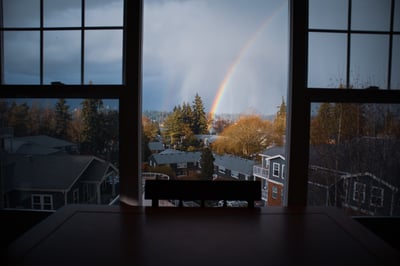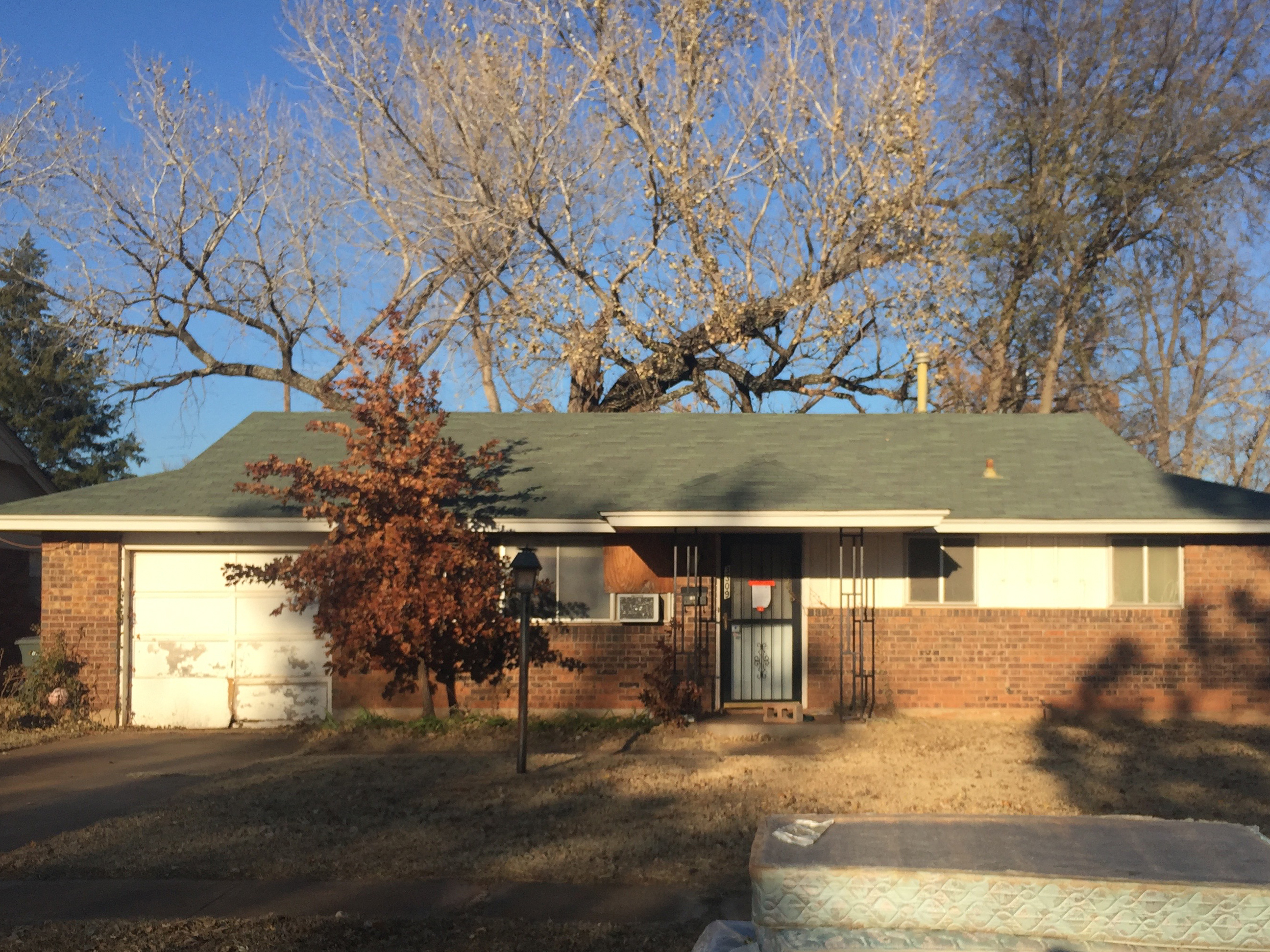 If you look at the headlines, you will see article after article written about the state of the real estate market amid the COVID-19 pandemic. Headlines will declare the spring homebuying season DOA, incite panic among commercial real estate owners who won’t see rent paid, and cause the Average Joe to worry that 2020 will see a throwback to the 2008 Great Recession.
If you look at the headlines, you will see article after article written about the state of the real estate market amid the COVID-19 pandemic. Headlines will declare the spring homebuying season DOA, incite panic among commercial real estate owners who won’t see rent paid, and cause the Average Joe to worry that 2020 will see a throwback to the 2008 Great Recession.
These fears are understandable. They’re not even unfounded!
It’s true, coronavirus has impacted our daily lives, the economy, the real estate market, our health, and well-being. However, it’s high time we look to the light at the end of the tunnel — recovery! That recovery encompasses all aspects of life, from our work and family lives to the economy and real estate market.
While times like these can be frightening on multiple levels, real estate is one area that we don’t need to worry about.
The Real Estate Cycle Provides Reassurance
Something that we know for sure is that the real estate market always moves in cycles. This cycle is predictable, even if the individual stages last longer or shorter at different times. For example, since the market recovered from the Great Recession, much of the nation’s markets have been more or less “stuck” in expansion mode.
Usually, the market tips into hyper supply (where there is more supply than demand dictates, causing prices to stabilize and decline, ultimately leading to the recession stage).
Be sure to check out: A Turnkey Investor's Guide to Navigating a Housing Recession
However, because homebuilding has been unable to keep up with demand in post-recession recovery, we found ourselves largely parked in “expansion” territory.
Experts have long said that we are overdue for the recession stage of the cycle. Remember, the recession of the market is not something to fear, only something to prepare for. We know it is coming, we just don’t always know when.
There’s no doubt that we have slipped in that recession stage. The decline of market demand, increased unemployment, slipping new construction and a rental demand drop all point to this reality. The difference is that this decline is being caused by a global health crisis rather than traditional economic causes.
What Marks the Recession Stage of the Real Estate Cycle?
- Housing prices and rental rates drop
- Demand reduces, supply increases
- Unemployment grows, defaulting increases
- People spend less
The real question we face now is not if we are in a recession, but when, how, and by what means we will jump-start the recovery stage. These are just a few things we believe will be integral to market recovery in the future:
3 Contributors to Post-COVID Market Recovery
Investor Activity
One of the major contributing factors to market recovery from the Great Recession was investor activity. The slew of foreclosures and reduced property prices made the market ripe for investor opportunities. Many jumped on the chance to snap up affordable properties. Of course, this also made for many fair-weather investors. These were short-term investors who could only effectively succeed when their properties were a “sure-thing.”
Back in 2012, there were some 28.1 million real estate investors active in the United States, making a $9.2 billion economic impact.
The fact is, there are a lot of us. Single-family investors particularly can shape the direction of the real estate market, as these are largely the measure of the market. Even if average homeowners are wary of buying and selling, investors can keep the momentum going, support and grow real estate demand, and, ultimately, move us towards market recovery.
A Sense of Security
We are living in strange times. For market recovery, a sense of security and safety will be essential for anyone looking to buy or sell a home. This sense of security can come from a few different places.
One that we are seeing now (and perhaps the only thing keeping the market from grinding to a total halt) is technology. Not only does that advent of 3D house touring and video home walkthroughs allow buyers from all over the get a real sense of the properties that they consider, but it allows interested buyers to do so without exposing themselves to unsanitary or dangerous conditions. We don’t expect the properties we tour to be dangerous. With the invisible threat of a virus top-of-mind, however, the ability to view properties without taking the risk of visiting them in-person will be a great boon.
A sense of security also grows when people buy and rent from trusted parties. In some cases, these are individuals. In others, they are like REI Nation — a company with a reputation for quality service and care for both residents and investors.
Favorable Rates
One essential element to the market recovery stage is a low interest rate. Right now, we’re seeing historically low rates with fluctuations in the ballpark of 3.5 percent. Even in 2019, the average rate for a 30-year fixed mortgage was 4.25 percent. Mortgage rates have remained low since 2012. In the last decade, rates have barely risen above 4.5 percent.
To put that in perspective, mortgage rates in 2000 averaged in at 8 percent. The highest rates we’ve seen in the past 50 years were in 1981, where the average was 16.64 percent.
We already have this piece of the puzzle filled in, and it’s encouraging people to buy, sell, and refinance even in these trying times. As we move towards true recovery, these low interest rates will only serve to encourage buyers further and lead to a much quicker homebuying pace.
Be an in-the-know investor. Get our updates for the latest in passive real estate investing!












